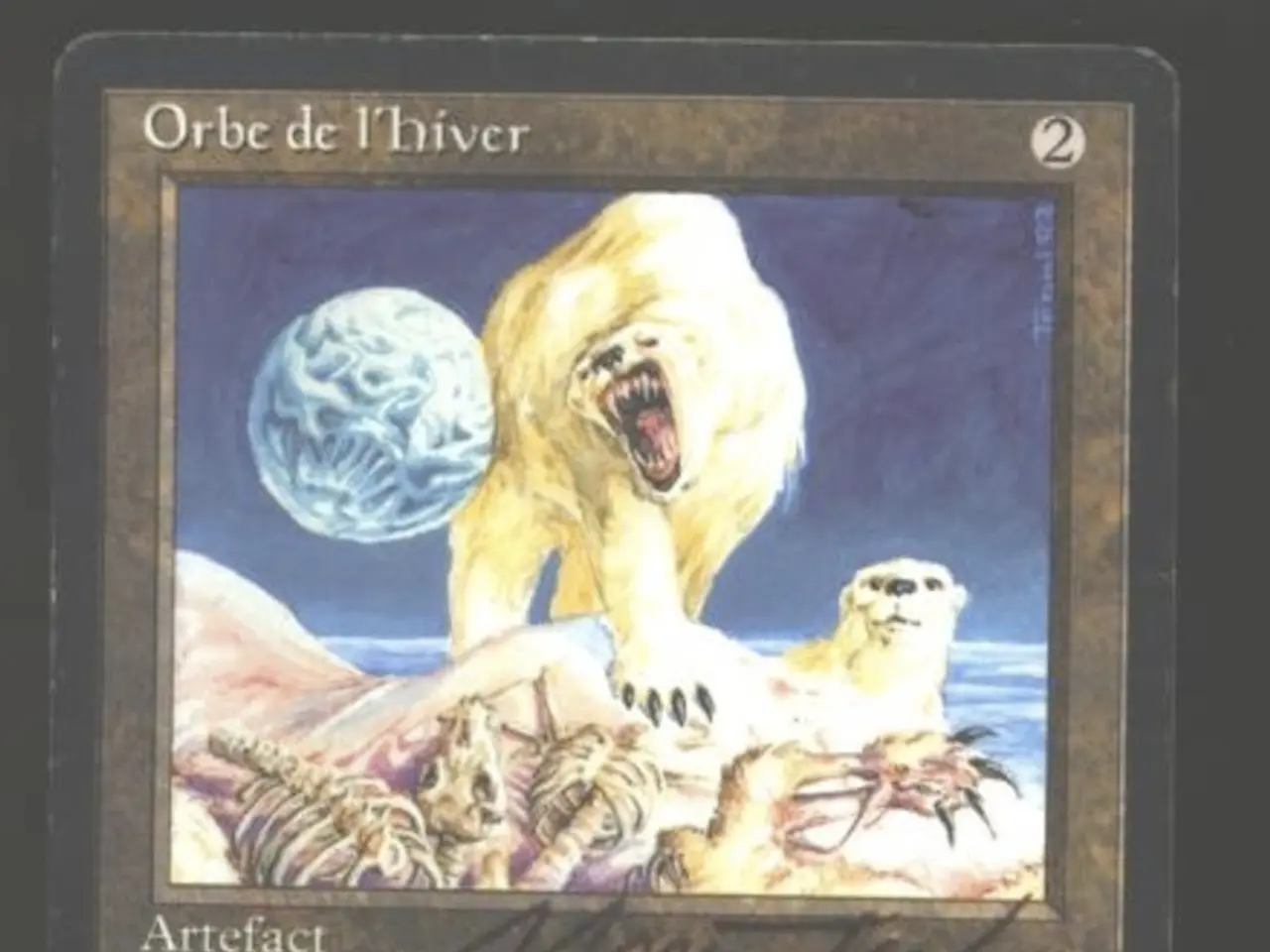Wildlife trafficking of lesser-known species is surging in Africa
In the vast savannahs of East Africa, harvester ants play a crucial role in maintaining the health of grasslands, dispersing and mixing seeds. However, these unsung heroes of the ecosystem are increasingly finding themselves in the crosshairs of international wildlife trafficking.
Experts at Traffic, a leading NGO working globally on trade in wild animals and plants, have highlighted the issue of non-charismatic species such as ants being smuggled from Africa, primarily destined for parts of Europe and Asia for the pet trade. This alarming trend has been facilitated by the rise of social media and online platforms, which have outpaced regulatory and enforcement mechanisms, making sales hard to monitor.
Sales on these digital platforms are often conducted through private messaging apps and closed groups, creating a hidden market for these trafficked species. The court recently ordered a teenage boy in Nairobi to pay a fine of 1 million Kenyan shillings (USD 7,700) or spend a year in prison after he was accused of attempting to traffic 5,000 queen ants out of Kenya. Another related case involved a Vietnamese national and his Kenyan partner who were caught with 400 ants in their Nairobi apartment.
The ants, which included the giant African harvester ant - the largest known harvester ant in the world - were bound for underground exotic pet markets in Europe and Asia. The street value of these ants exceeded USD 7,700, demonstrating the high demand and profitability of this illegal trade.
The trafficking of non-charismatic species, such as ants and small reptiles, receives lower enforcement priority and funding globally. This, coupled with legal loopholes and weak enforcement, allows traffickers to exploit these gaps in legislation. Melissa Castlemaine, an analyst at the Global Initiative Against Transnational Organized Crime, explains that much of the trafficking of small reptiles is driven by their uniqueness and rarity, making them more desirable in the market.
Organisations like African Parks and the Komitee gegen den Vogelmord are working to combat wildlife trade in Africa and across Europe and Mediterranean regions. African Parks manage protected areas and employ measures such as horn removal and marking rhinos to reduce poaching, although legal trade proposals are controversial due to fears of stimulating demand. The Komitee gegen den Vogelmord focuses on combating illegal bird hunting and trapping through direct interventions, monitoring, legal action, and lobbying.
Measures proposed include armed patrols, wildlife relocation, legal enforcement against poachers, bans on trapping and hunting protected species, and public awareness campaigns. However, inconsistent protection, such as in South Africa where species protection can be inconsistent between provinces due to Provincial Ordinances, poses a significant challenge.
Not all small reptiles are listed on CITES (Convention on International Trade in Endangered Species of Wild Fauna and Flora), leading to inconsistent protection. This lack of regulation further facilitates the illegal trade of these species.
Entomologist and evolutionary biologist Odino Martins notes that those buying these ants illegally are collectors "really interested in and passionate about ants". Traffickers are aware of these gaps in legislation and find ways to exploit them, perpetuating this illegal trade.
Thomas Ungerbuehler, assistant director for environmental security at Interpol, suggests that the frequency of recent seizures in Africa indicates that the trafficking of various non-charismatic species is gradually increasing. It is crucial that efforts to combat this illegal trade are stepped up to protect these unsung heroes of the ecosystem.
Read also:
- Nightly sweat episodes linked to GERD: Crucial insights explained
- Antitussives: List of Examples, Functions, Adverse Reactions, and Additional Details
- Asthma Diagnosis: Exploring FeNO Tests and Related Treatments
- Unfortunate Financial Disarray for a Family from California After an Expensive Emergency Room Visit with Their Burned Infant








